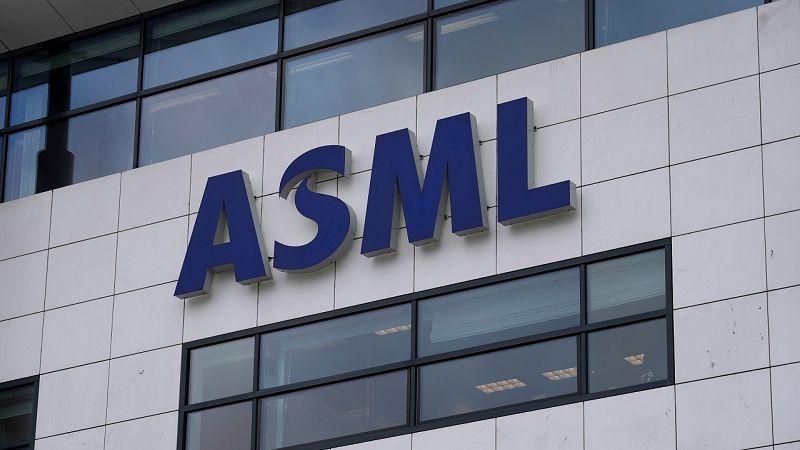
The EU should take a "reality check" on a microchip strategy setting targets of 20% global market share by 2030, which it is unlikely to meet despite investment in the sector, according to a report published by the European Court of Auditors (ECA) on Monday.
The report acknowledged that the EU Chips Act – which entered into force in 2023 and came as a response to the global supply chain disruptions caused by the COVID-19 pandemic – has brought new momentum to the bloc’s microchip sector, but found investments driven by the Act are “unlikely to significantly enhance” the EU’s position in the field.
The ECA recommends the Commission assess whether the Chips Act's ambitions and targets remain realistic in view of the resources available to achieve them, global competition, as well as factors such as energy cost and dependence on raw materials.
The Commission should start preparing a fresh semiconductor strategy in cooperation with member states and industry, the ECA report adds. The EU executive has a legal obligation to evaluate the Chips Act by September next year.
The EU set a target for the bloc to gain 20% share of global production value in cutting-edge microchips – used for everything from cars to smartphones and data centres – by 2030. In 2020 the EU’s share was estimated at around 9%.
The Commission itself forecast last year that the EU’s overall share of the global value chain would increase only slightly, from 9.8% in 2022 to just 11.7% by 2030, despite expected increases in manufacturing capacity.
The EU executive is responsible for only 5% (€4.5 billion) of the €86 billion in estimated funding for the Chips Act up to 2030, with the remainder expected to come from member states and industry.
By comparison, the top global manufacturers budgeted €405 billion in investment for the 2020 to 2023 period, which dwarfs the financial firepower of the Chips Act.
“The EU urgently needs a reality check in its strategy for the microchips sector,” said Annemie Turtelboom, the ECA member in charge of the audit.
“This is a fast-moving field, with intense geopolitical competition, and we are currently far off the pace needed to meet our ambitions,” Turtelboom added.
The Commission's spokesperson Thomas Regnier said in a reply that the EU executive "takes note" of the report.
He added that the Chips Act has "laid a strong foundation in consolidating Europe’s position in the global semiconductor market after two decades of decline, and put Europe back on the path of growth."







